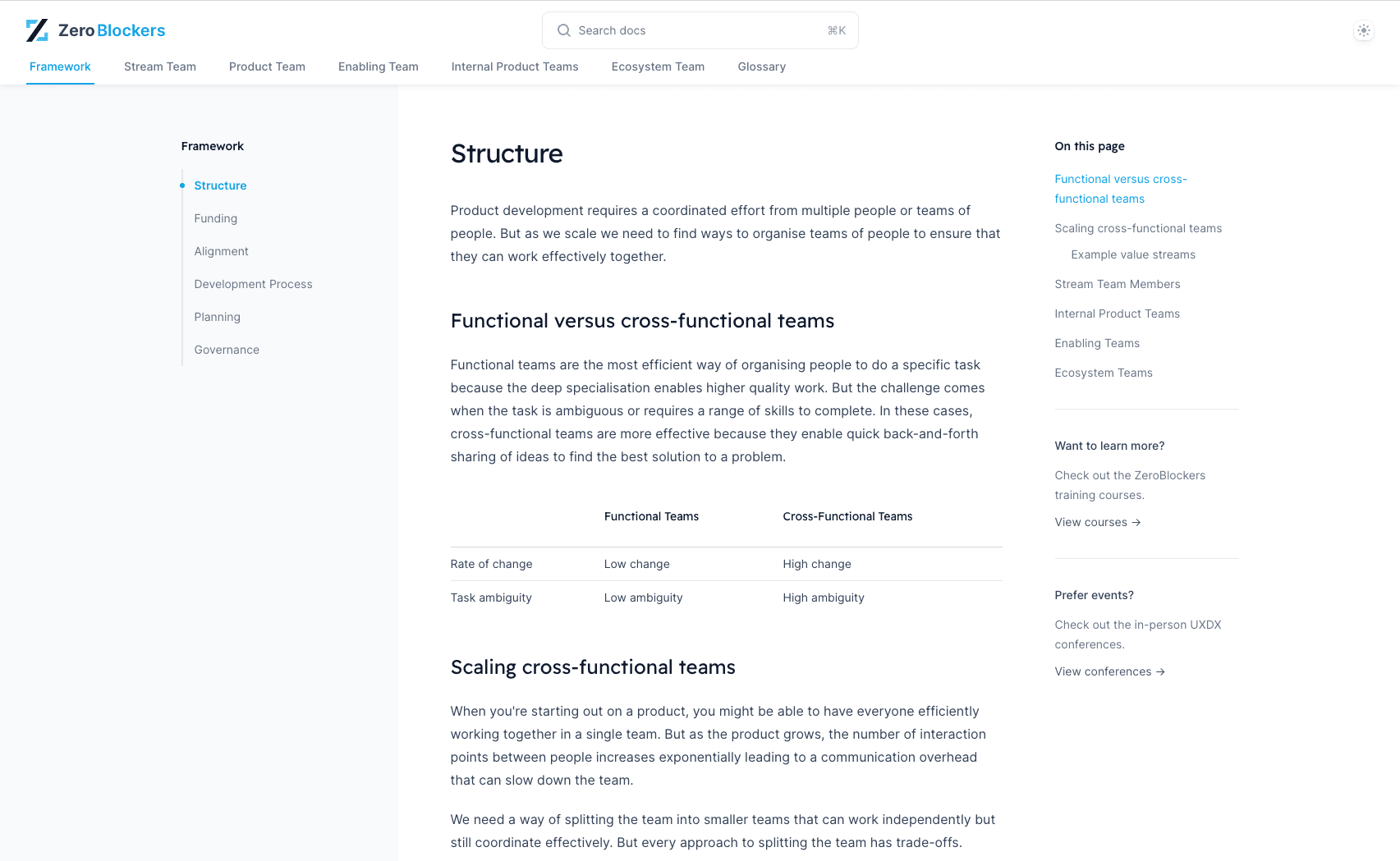Case StudyStream Team: Building - Implementing Continuous Delivery: Real-World Insights from WiredCraft
WiredCraft, a multinational tech consulting firm working with clients ranging from retail to pure tech across China, Europe, and the U.S., faced significant challenges in maintaining and scaling their software development processes. As they built large infrastructures and omni-channel presences for clients like Starbucks in China, addressing up to two hundred thousand users daily, the need for a more efficient, scalable, and reliable development process became evident. Traditional development practices were no longer sufficient to meet the demands of rapid deployment and high-quality delivery required by their multinational clientele.

The Solution
WiredCraft adopted continuous delivery (CD) practices, focusing on both technological advancements and cultural shifts necessary to support this transformation.
Technological Advancements:
- Adoption of Continuous Delivery: WiredCraft implemented CD pipelines to automate the deployment process, ensuring that every change could be delivered to production quickly and reliably. This involved using tools and technologies that supported automation, such as Jenkins for continuous integration and Docker for containerization.
- Infrastructure Automation: By automating infrastructure provisioning and management, WiredCraft was able to create consistent and reliable environments for development, testing, and production. This included using infrastructure as code (IaC) tools like Terraform and AWS CloudFormation.
- Robust Testing Frameworks: Comprehensive automated testing was integrated into the CD pipelines to ensure that all code changes were validated before deployment. This included unit tests, integration tests, and end-to-end tests.
Cultural Shift: - Emphasizing a DevOps Culture: WiredCraft fostered a DevOps culture within their teams, emphasizing collaboration between development and operations. This cultural shift was crucial for breaking down silos and promoting a shared responsibility for the delivery process.
- Continuous Improvement: Regular retrospectives and feedback loops were established to continuously improve the CD processes. Teams were encouraged to identify bottlenecks and areas for improvement, ensuring that the CD practices evolved with their needs.
- Training and Education: Ongoing training and education sessions were conducted to ensure that all team members were up-to-date with the latest CD practices and tools. This helped in building a knowledgeable and skilled workforce capable of leveraging CD effectively.
Outcomes achieved
The implementation of continuous delivery brought several significant benefits to WiredCraft and their clients:
- Increased Deployment Speed: The automation of deployment processes enabled WiredCraft to release new features and updates more frequently, reducing the time to market for their clients.
- Improved Quality: Automated testing and continuous integration ensured that code changes were thoroughly validated, resulting in higher quality releases with fewer defects.
- Scalability: Infrastructure automation allowed WiredCraft to scale their environments quickly and efficiently, supporting the growing demands of their multinational clients.
- Enhanced Collaboration: The adoption of a DevOps culture improved collaboration and communication within teams, leading to more cohesive and efficient workflows.
- Client Satisfaction: The ability to deliver high-quality software at a faster pace significantly improved client satisfaction and positioned WiredCraft as a leader in delivering robust and scalable digital solutions.
